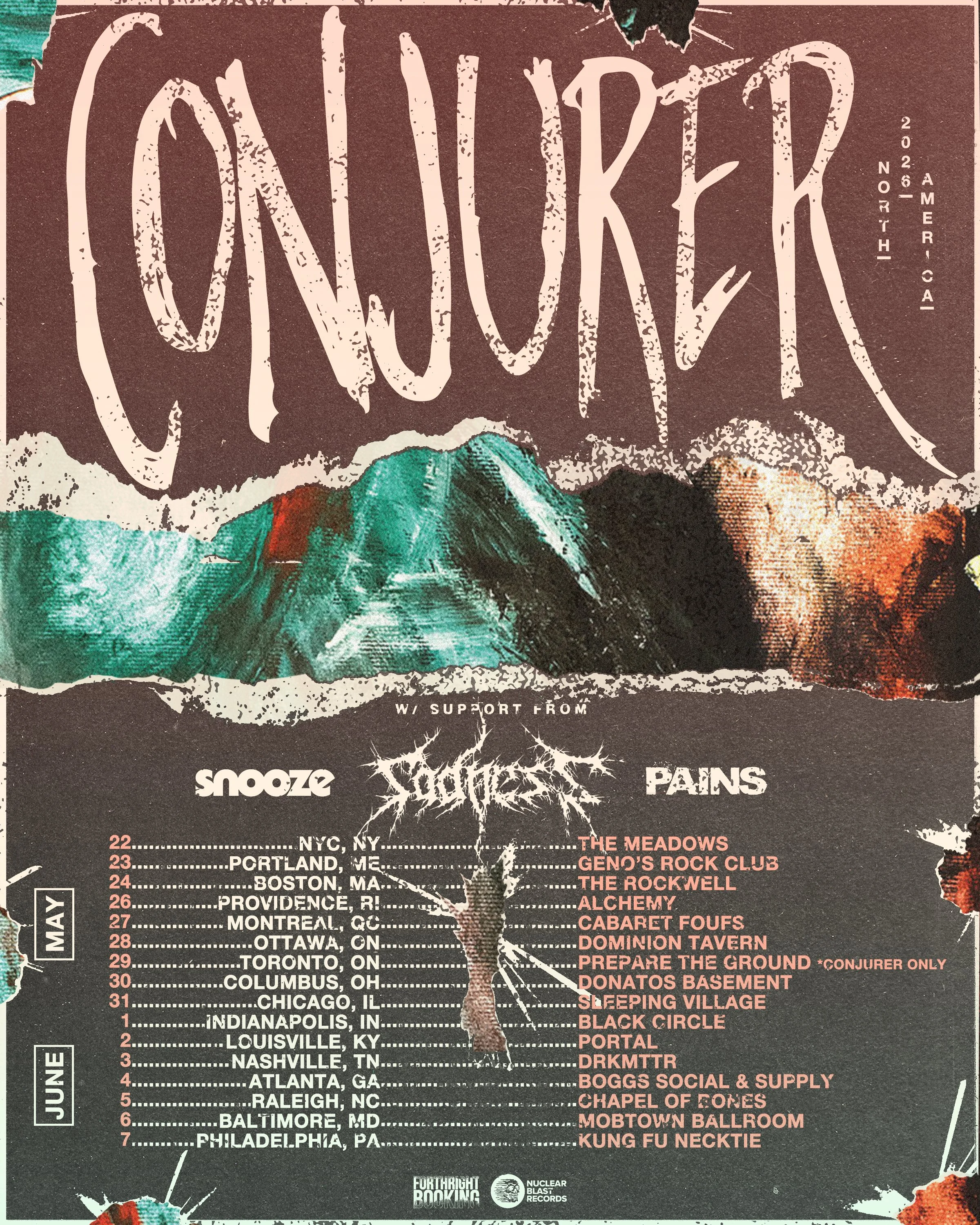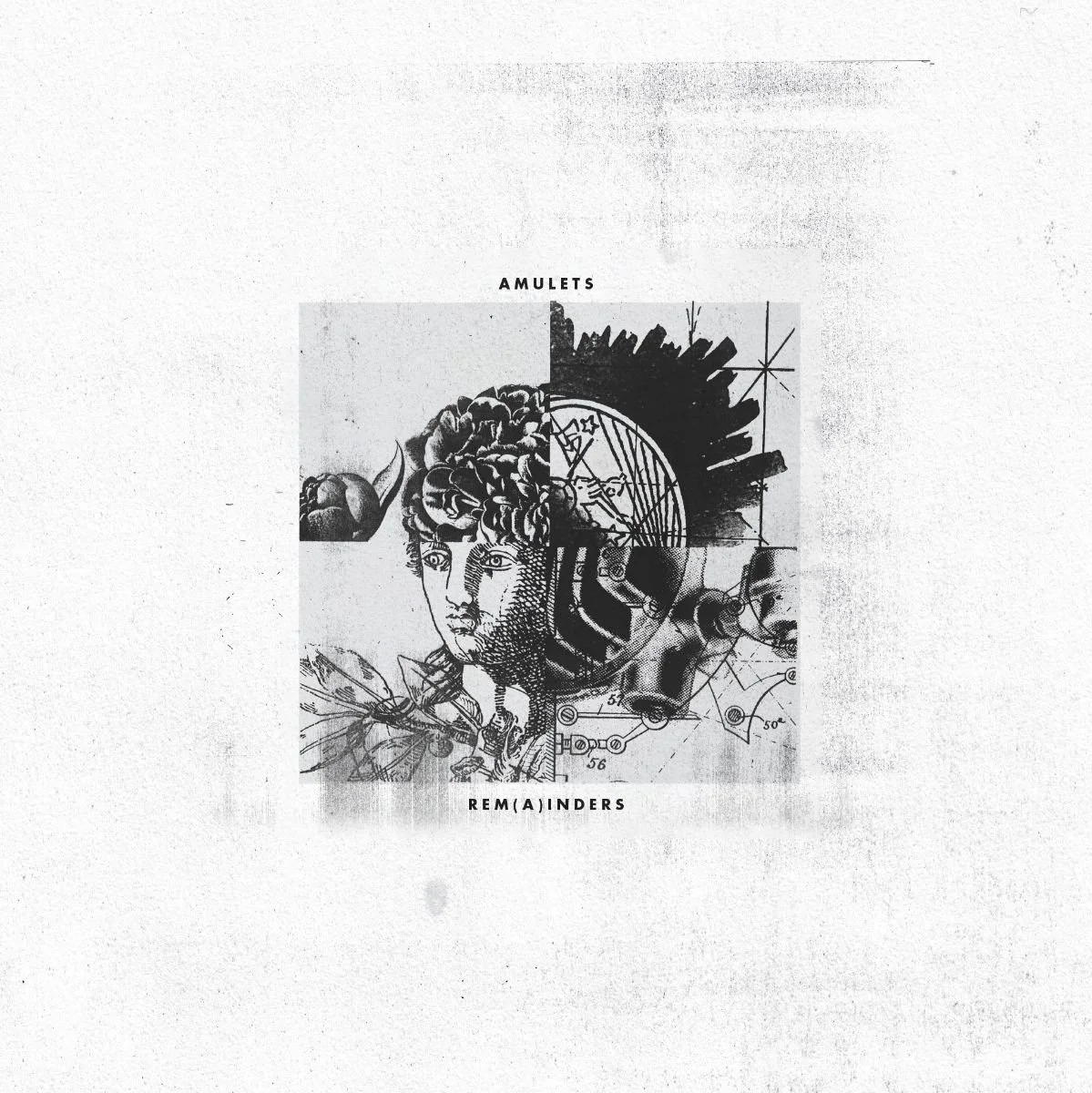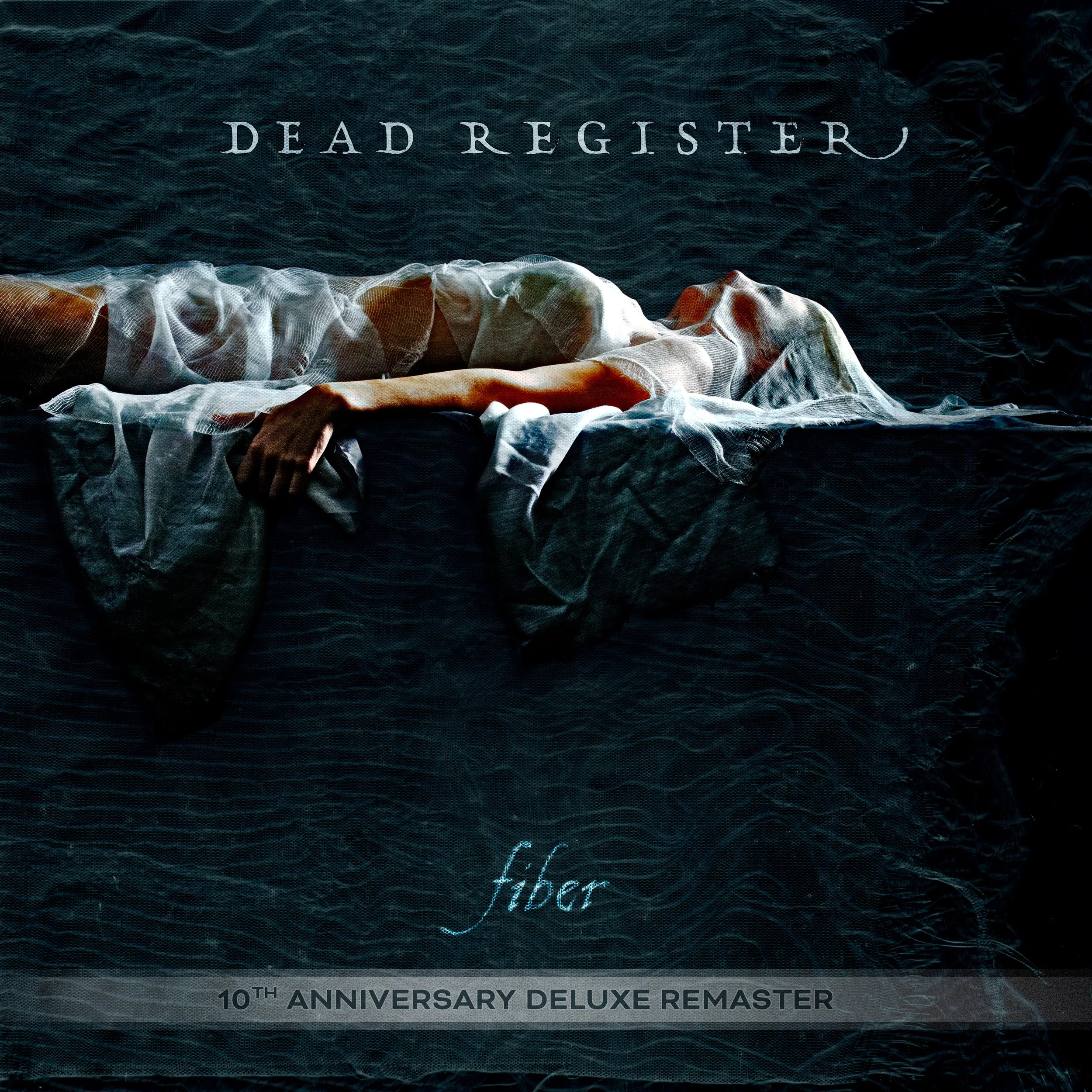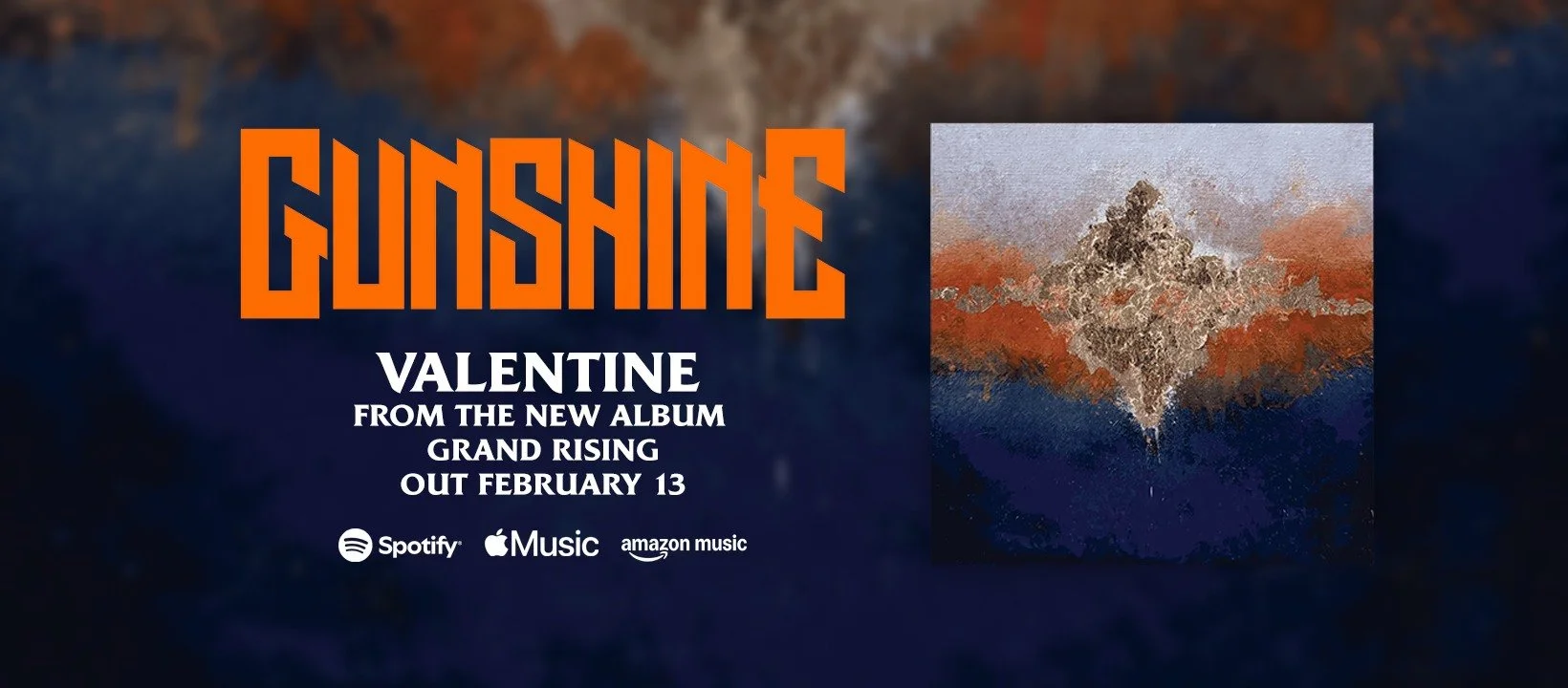Enter into the "The Temple of Vindication" for an atmospheric exploration of introspection. In this new single, ANTIMOZDEBEAST, through an enveloping sound driven by industrial electronics, textural white noise and dream-like spoken lyrics, contains a philosophical questioning of the human experience.
ANTIMOZDEBEAST is the extreme industrial and electronic black metal project of multi-instrumentalist and producer Gabriel Palacio. "The Temple of Vindication" crawls through inner rebellion and spiritual interrogation, drawing lines between salvation, illusion, and the mind’s desperate attempts to interpret its suffering. This latest offering is taken from the upcoming full length album The Vagrant Unkempt Grave scheduled for release on May 15, 2026.
Seeking to make sense of the world in which we exist, both as an individual and examining the systems of power, "The Temple of Vindication" in its creation is a demonstration of how artistic expression can facilitate a means of escapism.
ANTIMOZDEBEAST announces the release of its new full length album The Vagrant Unkempt Grave. The record will be self released on May 15, 2026 and represents the next stage in the project’s ongoing examination of spiritual conflict, psychological unrest, and the erosion of collective belief systems.
Pre-Order the album on Bandcamp HERE: https://antimozdebeast.bandcamp.com/album/the-vagrant-unkempt-grave
Active since 2019, ANTIMOZDEBEAST has developed a distinct sound built on harsh electronic structures, ritualistic pacing, and confrontational vocal expression. The Vagrant Unkempt Grave expands this approach into a cohesive meditation on the vagrant soul, the decay of creation, and the search for truth within systems shaped by myth, power, and distortion. The album spans seven tracks across fifty five minutes, including "Solitude", "The Temple of Vindication", and "Torn Mentality", and presents a continuous descent through themes of isolation, belief, manipulation, and internal collapse.
All music on The Vagrant Unkempt Grave is written, performed, recorded, mixed, mastered, and visually conceptualized by Gabriel Palacio. The album reflects a fully autonomous creative process and continues the project’s focus on exposing fractures within religion, politics, and social structures while encouraging critical thought and personal awakening.
Connect with ANTIMOZDEBEAST:
Linktree: https://linktr.ee/AntiMozdeBeast
Bandcamp: https://antimozdebeast.bandcamp.com/music
Facebook: https://www.facebook.com/MozdeAnti?mibextid=LQQJ4d
Instagram: https://instagram.com/antimozdebeast._?igshid=MjEwN2IyYWYwYw==
Twitter/X: https://twitter.com/antimozdebeast
YouTube: https://music.youtube.com/channel/UCo5gzPr_2GeRrDMFz7AH_Ww?feature=share
Spotify: https://open.spotify.com/artist/6MMjxjSsLPZ4F2UubCxU7G?si=O6QJuZvRTaaxj0TsQIwLmQ
Apple Music: https://music.apple.com/us/artist/antimozdebeast/1457862655




















